Product Name: Aluminum Forging
Product Type: Metal Forging
Material: Aluminum
Shape: Customized
Surface Treatment: Anodizing, Powder Coating, Spray Painting, Polishing
Production Process: Die Casting, Press Forging
Advantages:
1. High strength-to-weight ratio
2. Superior mechanical properties
3. Enhanced resistance to fatigue and wear
4. Tight dimensional tolerances
5. Cost-effective production
| Color | Silver |
|---|---|
| Material | Aluminum |
| MOQ | 1 Pcs |
| Sample | Available |
| Place of Origin | China |
Product Details
MINGYU Tech is a trusted manufacturer of high-quality aluminum hammer forging for the electronics industry. Our advanced forging processes and precision technology enable us to produce complex and precise forgings for a variety of electronic devices including computers, smartphones and consumer electronics. Our experienced team works closely with customers to provide customized solutions that meet their unique requirements. We are committed to providing customers with quality products and timely delivery.
aluminum hammer forging is a revolutionary manufacturing process that involves shaping and forming aluminum alloys into specific designs by subjecting them to extreme heat and pressure. This process creates high-quality, durable, and lightweight components that are in high demand across various industries.
One of the significant advantages of aluminum hammer forging is its strength and durability. Forged aluminum products have a higher strength-to-weight ratio than those made using traditional casting methods. This makes them ideal for heavy-duty applications that require exceptional strength and reliability, such as aerospace, automotive, and construction. Furthermore, the forging process improves the structural integrity of the aluminum alloy, making it resistant to cracks, fractures, and other deformities. As a result, forged aluminum components are known for their exceptional wear and corrosion resistance, making them suitable for use in extreme environments.
Another advantage of aluminum hammer forging is its versatility. The process allows for intricate and complex designs to be achieved without compromising the strength of the final product. This makes it a preferred choice for manufacturers looking for precision and consistency in their products.
| Place of Origin | China |
| Material | Metal Aluminium Steel Copper Brass |
| Process | Forging+machining+HT+finish Machining |
| Surface treatment | Polishing |
| Application | Machinery Parts |
| Product name | aluminum hammer forging |
| Certificate | TS16949/ISO9001 |
| Color | Customized Color |
| Quality Control | 100% Inspection |
| Lead Time | 13-35 Days |
| MOQ | 1 Piece |
| Supply Ability | 190561 Piece/Pieces per Month |
| Quantity (pieces) | > 416 |
| Lead time (days) | To be negotiated |
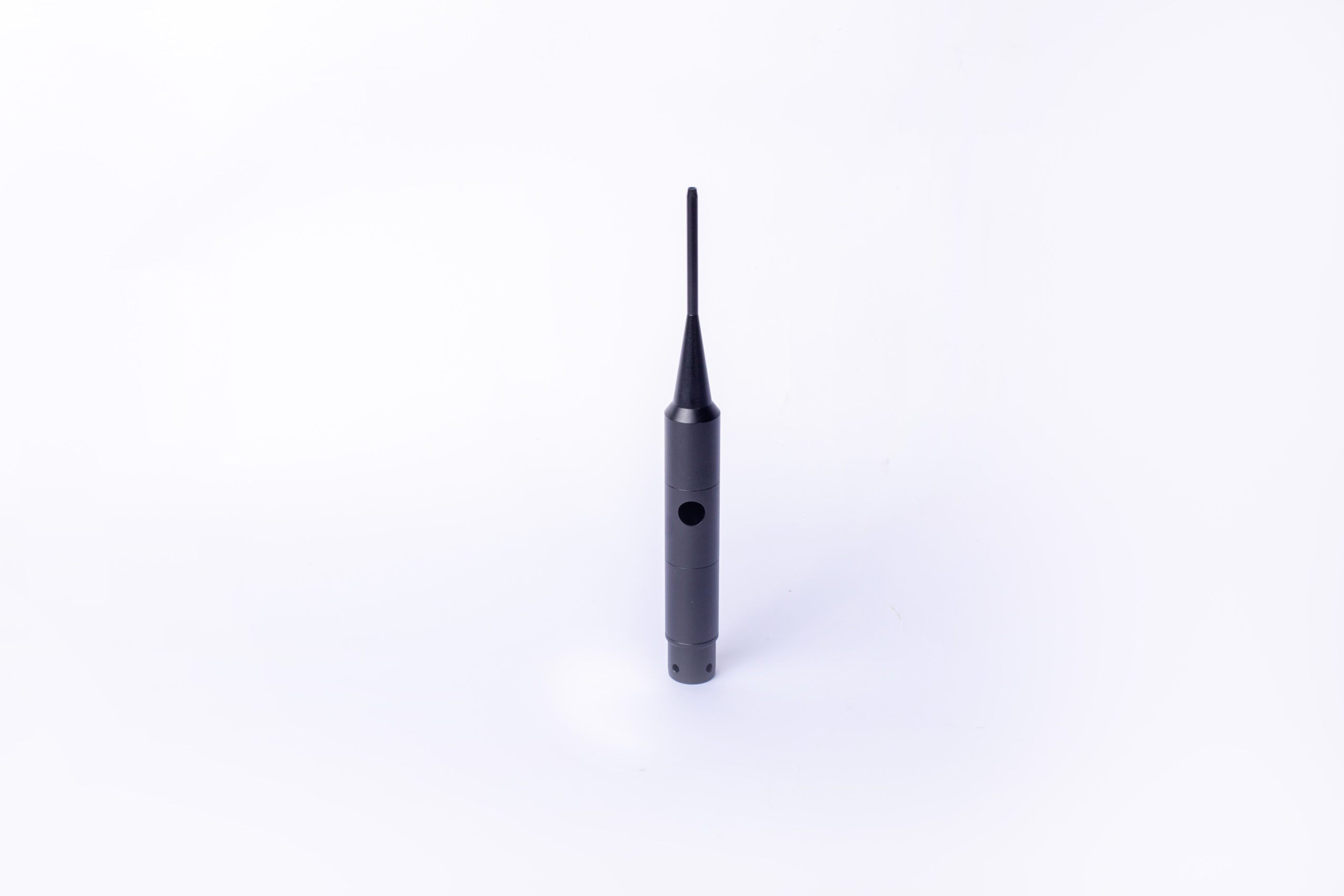
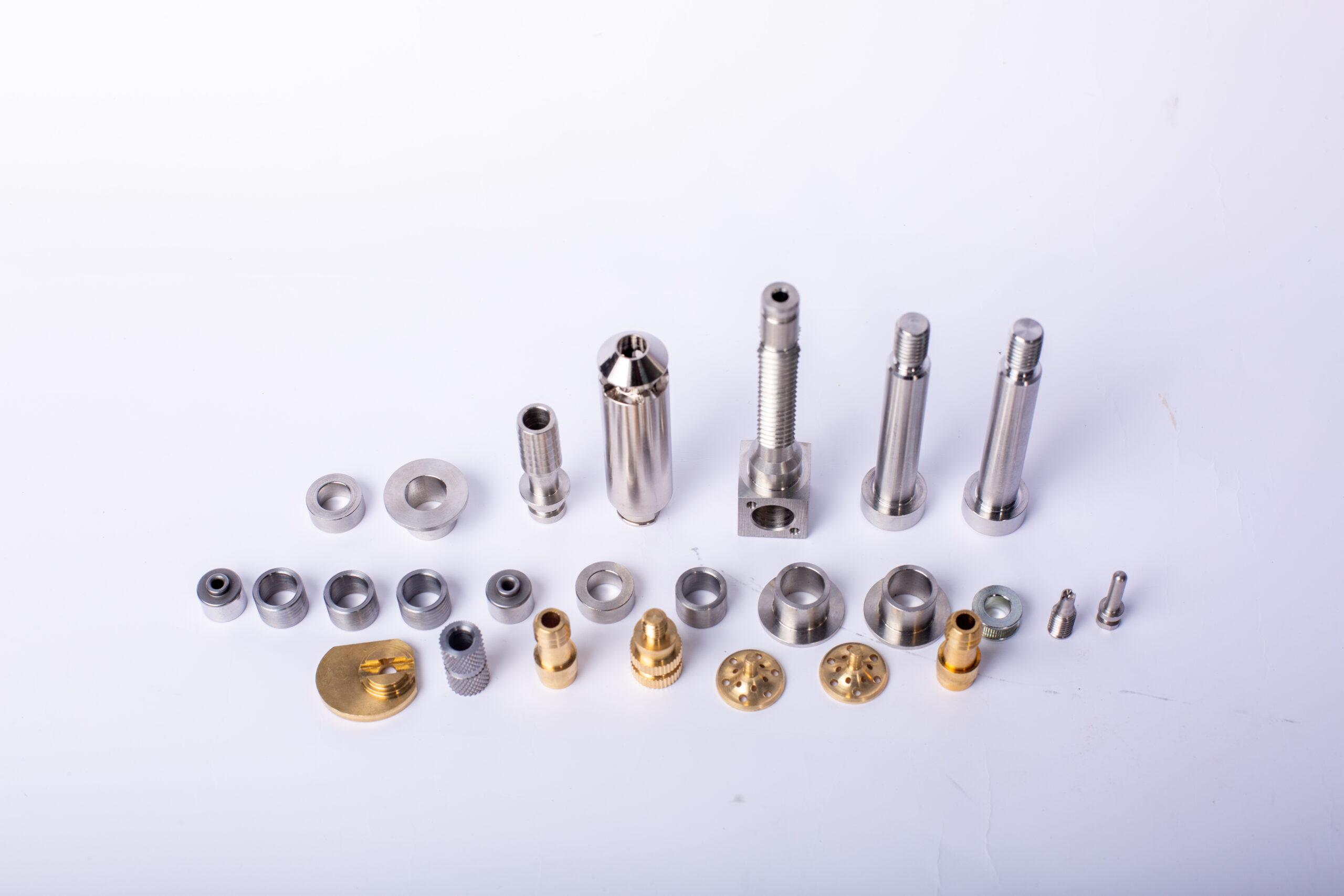
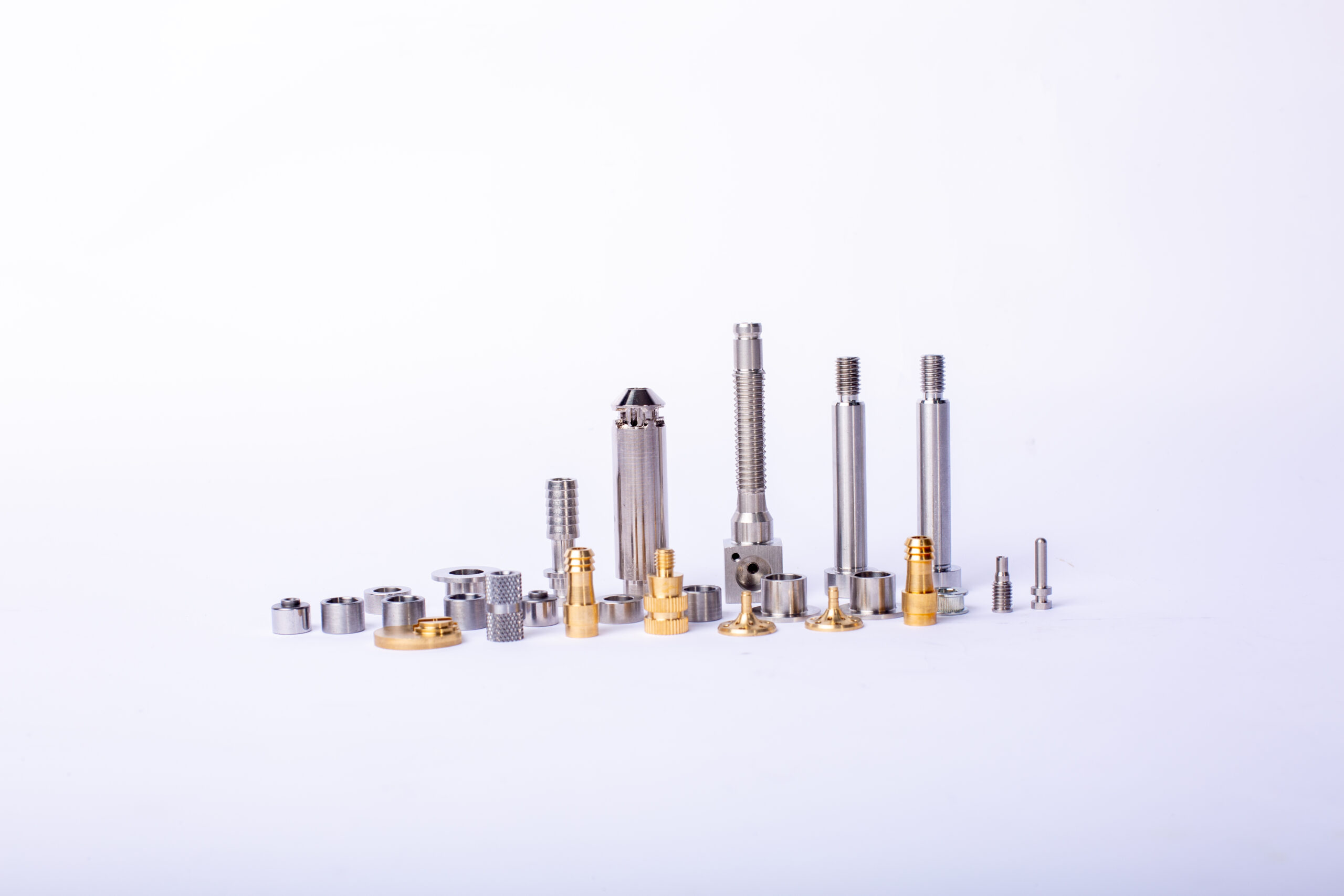
aluminum hammer forging FAQs Guide.
Our company is dedicated to providing high-quality aluminum hammer forging products to meet the needs of various industries. With advanced technology and skilled craftsmanship, we have become a leading manufacturer in the field of aluminum hammer forging. Our products are widely used in aerospace, automotive, and construction industries, just to name a few. We take great pride in our products as they are not only durable and reliable, but also lightweight and eco-friendly. Through this introduction, we hope to showcase the versatility and excellence of our aluminum hammer forging products. Thank you for choosing us as your trusted provider of top-notch aluminum hammer forging products.
1.Can non-CNC machining methods be used for finishing aluminum hammer forgings?
As one of the aluminum hammer forging market leaders, we are known for innovation and reliability.
Yes, non-CNC machining methods can be used for finishing aluminum forgings. These methods include grinding, sanding, polishing, and buffing.
2.Are there any surface finishing options for aluminum hammer forgings?
We should perform well in market competition, and the prices of aluminum hammer forging products have a great competitive advantage.
Yes, there are several surface finishing options for aluminum forgings, including anodizing, powder coating, painting, and polishing.
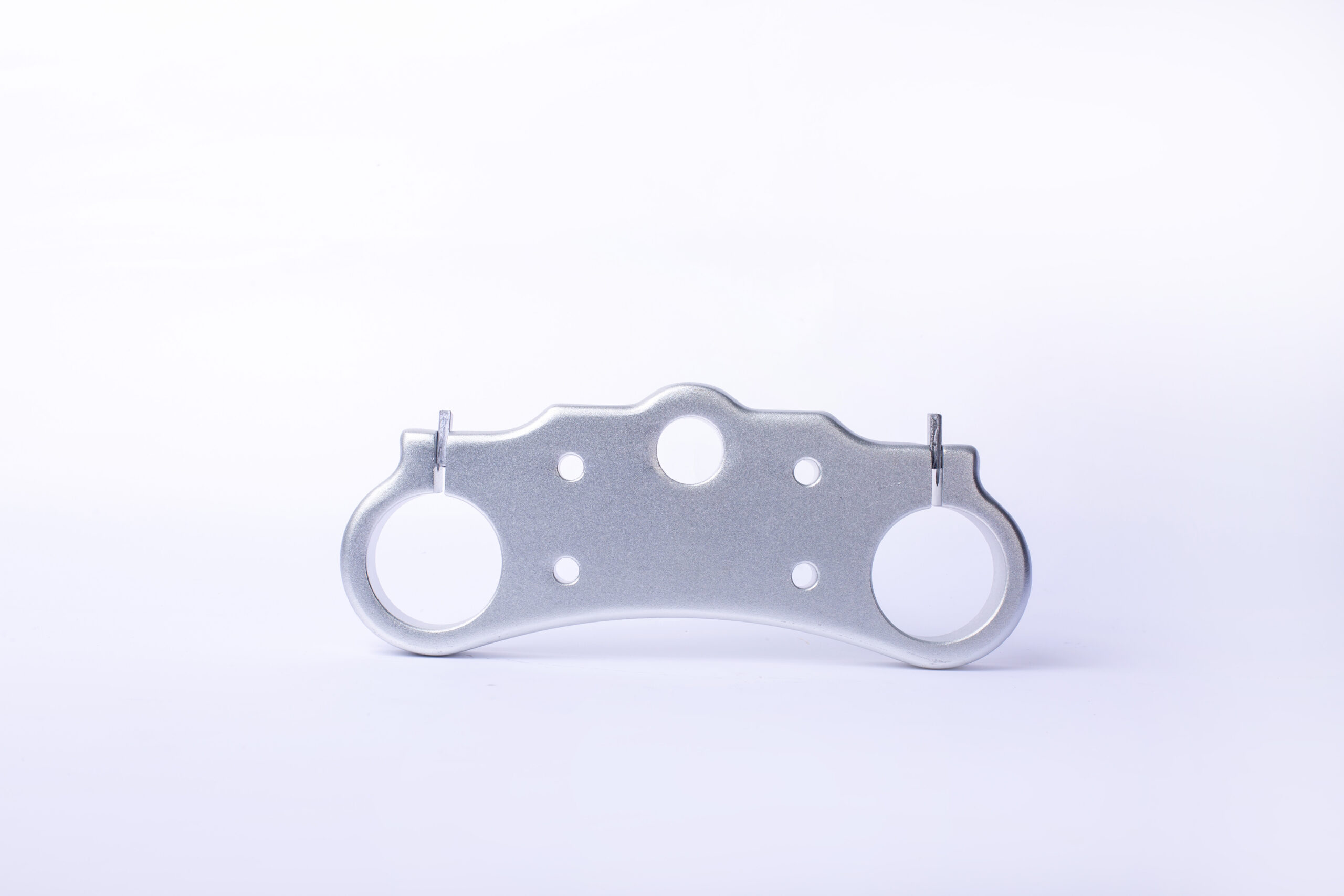
3.How does the choice of die affect the final product in aluminum hammer forging?
We have established a good reputation and reliable partnerships within the aluminum hammer forging industry.
The choice of die affects the final product in aluminum forging in several ways. The die design determines the shape of the final product, as well as the surface finish and dimensional accuracy. The die material also affects the final product, as different materials have different properties that can affect the strength and durability of the final product. Additionally, the die size and shape can affect the amount of force required to form the aluminum, as well as the amount of time it takes to complete the forging process.
4.About aluminum hammer forging payment method
Aluminum forging payment methods vary depending on the supplier. Common payment methods include cash, check, wire transfer, credit card, and PayPal. Some suppliers may also accept payment through financing options such as leasing or installment plans. It is important to discuss payment terms with the supplier prior to placing an order.

5.Can aluminum hammer forgings be coated or plated?
We should have a stable supply chain and logistics capabilities, and provide customers with high -quality, low -priced aluminum hammer forging products.
Yes, aluminum forgings can be coated or plated. Common coatings and platings for aluminum forgings include anodizing, powder coating, and electroplating.
6.About aluminum hammer forging patent
Aluminum forging patents are patents that cover the process of forging aluminum into a desired shape. This process involves heating the aluminum to a high temperature and then using a hammer or press to shape it into the desired shape. The process of aluminum forging is used to create parts for a variety of industries, including automotive, aerospace, and medical. Patents related to aluminum forging cover the process of forging, the tools used, and the materials used.
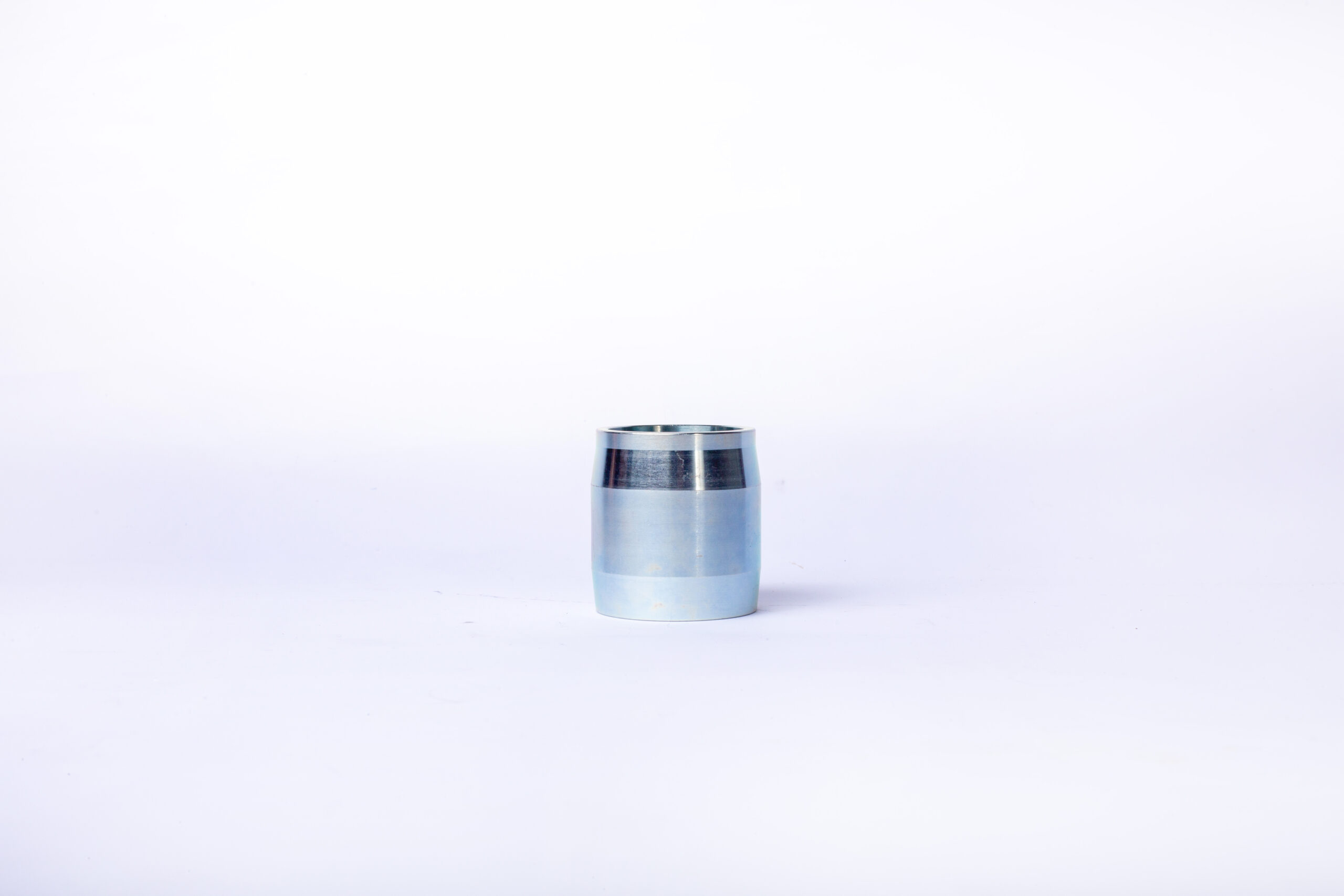
7.What are the most common applications of aluminum hammer forging?
We enjoy high authority and influence in the industry and continue to innovate products and service models.
1. Automotive components: Aluminum forging is used to create a variety of automotive components, such as engine blocks, cylinder heads, transmission cases, and suspension components.
2. Aerospace components: Aluminum forging is used to create components for aircraft, such as landing gear, wing spars, and fuselage frames.
3. Industrial components: Aluminum forging is used to create components for industrial machinery, such as pumps, valves, and gears.
4. Sporting goods: Aluminum forging is used to create components for sporting goods, such as bicycle frames, golf clubs, and baseball bats.
5. Hand tools: Aluminum forging is used to create components for hand tools, such as hammers, wrenches, and screwdrivers.
8.Can aluminum be forged at room temperature?
We focus on our customers’ needs and strive to meet their expectations, so we take this very seriously.
No, aluminum cannot be forged at room temperature. It must be heated to a temperature of at least 700°F (371°C) before it can be forged.

9.About aluminum hammer forging raw materials
Aluminum forging raw materials are typically aluminum alloys that are heated and then shaped into a desired shape using a forging process. Common aluminum alloys used for forging include 6061, 7075, and 2024. These alloys are chosen for their strength, durability, and corrosion resistance. Other factors such as cost, availability, and machinability are also taken into consideration when selecting the right alloy for a particular application.
10.Are there any unique thermal or electrical properties of aluminum hammer forgings?
We maintain a stable growth through reasonable capital operations, focus on industry development trends and cutting -edge technologies, and focus on product quality and safety performance.
Yes, aluminum forgings have unique thermal and electrical properties. Aluminum is a good conductor of electricity and heat, and its thermal conductivity is higher than that of steel. Aluminum also has a high strength-to-weight ratio, making it an ideal material for forging. Additionally, aluminum forgings are corrosion-resistant and have excellent fatigue strength.
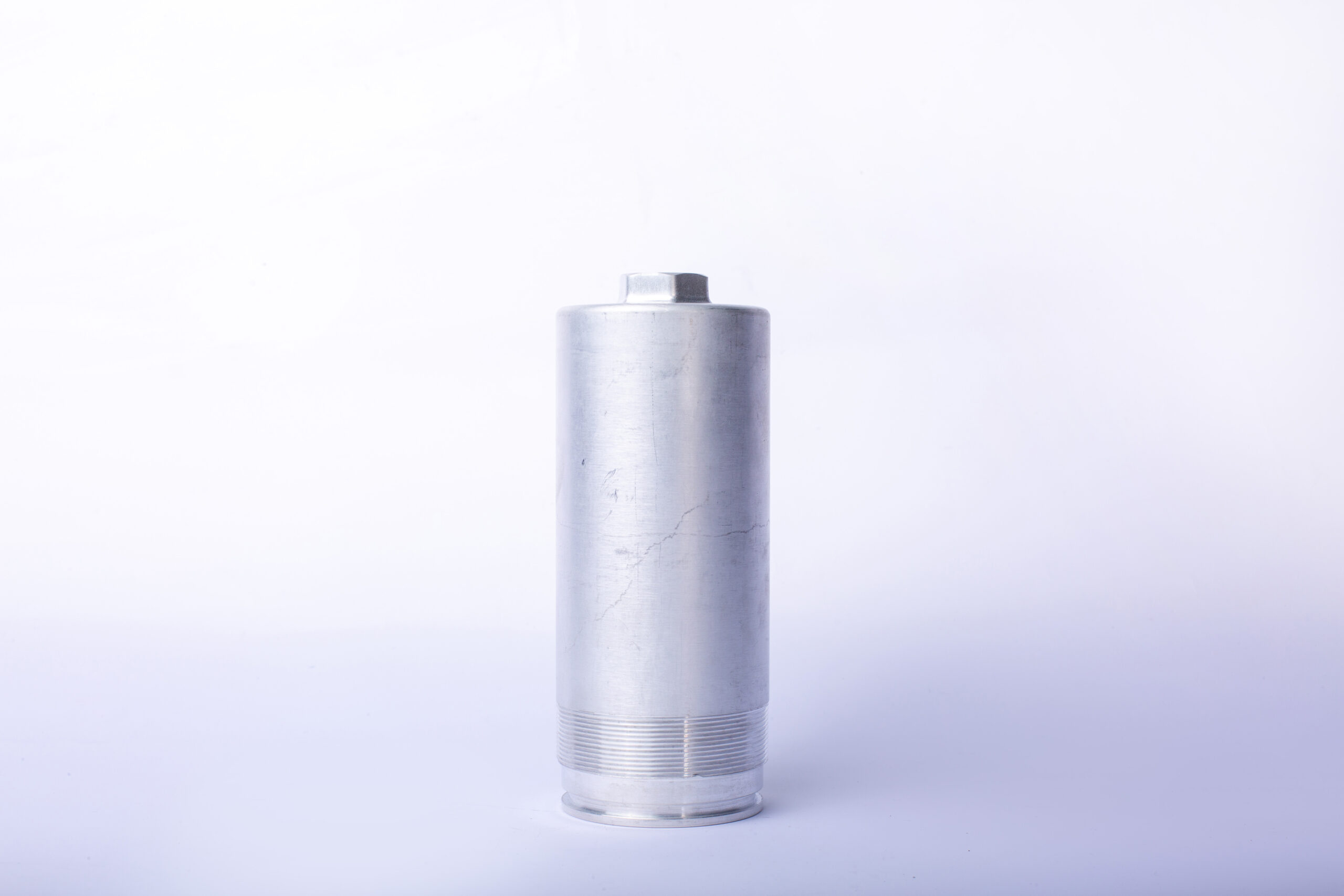
11.What are the steps involved in the aluminum hammer forging process?
We continue to improve aluminum hammer forging products and processes to improve efficiency.
1. Design: The first step in the aluminum forging process is to design the part. This includes determining the size, shape, and other specifications of the part.
2. Heating: The aluminum is heated to a temperature of around 800-900°C (1472-1652°F). This is done to make the aluminum malleable and easier to shape.
3. Forging: The heated aluminum is then placed in a die and forged into the desired shape. This is done using a hammer or press.
4. Finishing: The forged part is then finished by machining, grinding, or polishing. This is done to achieve the desired surface finish.
5. Inspection: The part is then inspected to ensure it meets the design specifications.
6. Heat Treatment: The part may then be heat treated to improve its strength and durability.
7. Final Inspection: The part is then inspected one final time before it is ready for use.
12.What factors affect the strength and hardness of aluminum hammer forgings?
Our aluminum hammer forging products have competitive and differentiated advantages, and actively promote digital transformation and innovation.
1. Alloy composition: The alloy composition of aluminum forgings affects the strength and hardness of the material. Different alloying elements can be added to aluminum to increase its strength and hardness.
2. Heat treatment: Heat treatment is an important factor in determining the strength and hardness of aluminum forgings. Different heat treatments can be used to increase the strength and hardness of aluminum forgings.
3. Grain size: The grain size of aluminum forgings affects the strength and hardness of the material. Smaller grain sizes can increase the strength and hardness of aluminum forgings.
4. Stress relief: Stress relief is an important factor in determining the strength and hardness of aluminum forgings. Stress relief can be used to reduce internal stresses in the material, which can increase the strength and hardness of aluminum forgings.
5. Surface finish: The surface finish of aluminum forgings affects the strength and hardness of the material. A smoother surface finish can increase the strength and hardness of aluminum forgings.
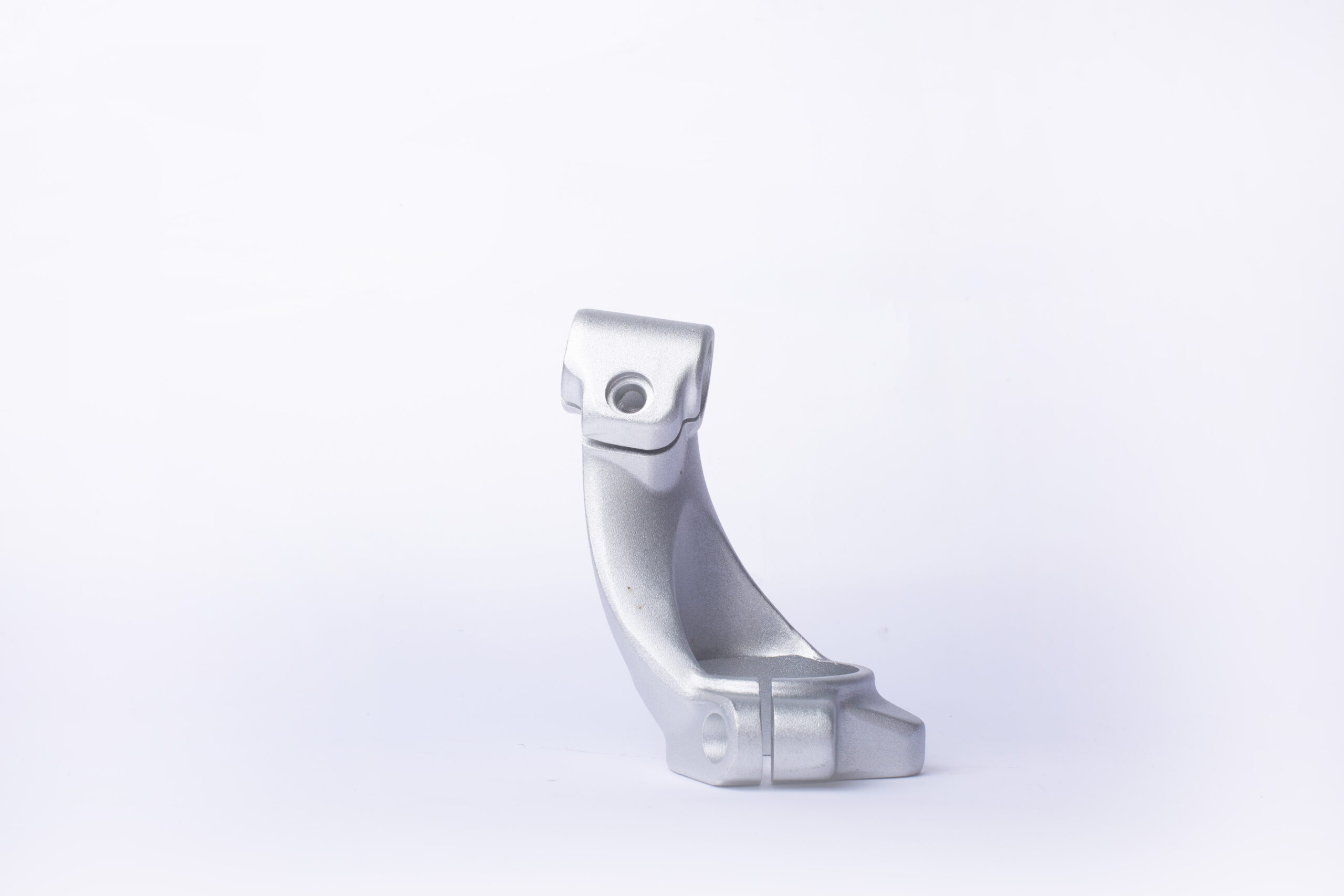
13.Can aluminum hammer forgings be heat treated?
We have rich industry experience and professional knowledge, and have strong competitiveness in the market.
Yes, aluminum forgings can be heat treated. Heat treating is a process used to alter the physical and chemical properties of a material. It is commonly used to increase the strength and hardness of aluminum forgings.
14.About aluminum hammer forging overseas warehouse
Aluminum forging overseas warehouses are warehouses located in foreign countries that specialize in the storage and distribution of aluminum forgings. These warehouses are typically located in countries with a strong aluminum forging industry, such as China, India, and the United States. They provide a convenient and cost-effective way for companies to store and distribute their aluminum forgings, as well as to access the global market. The warehouses are typically equipped with the latest technology and equipment to ensure the highest quality of aluminum forgings.
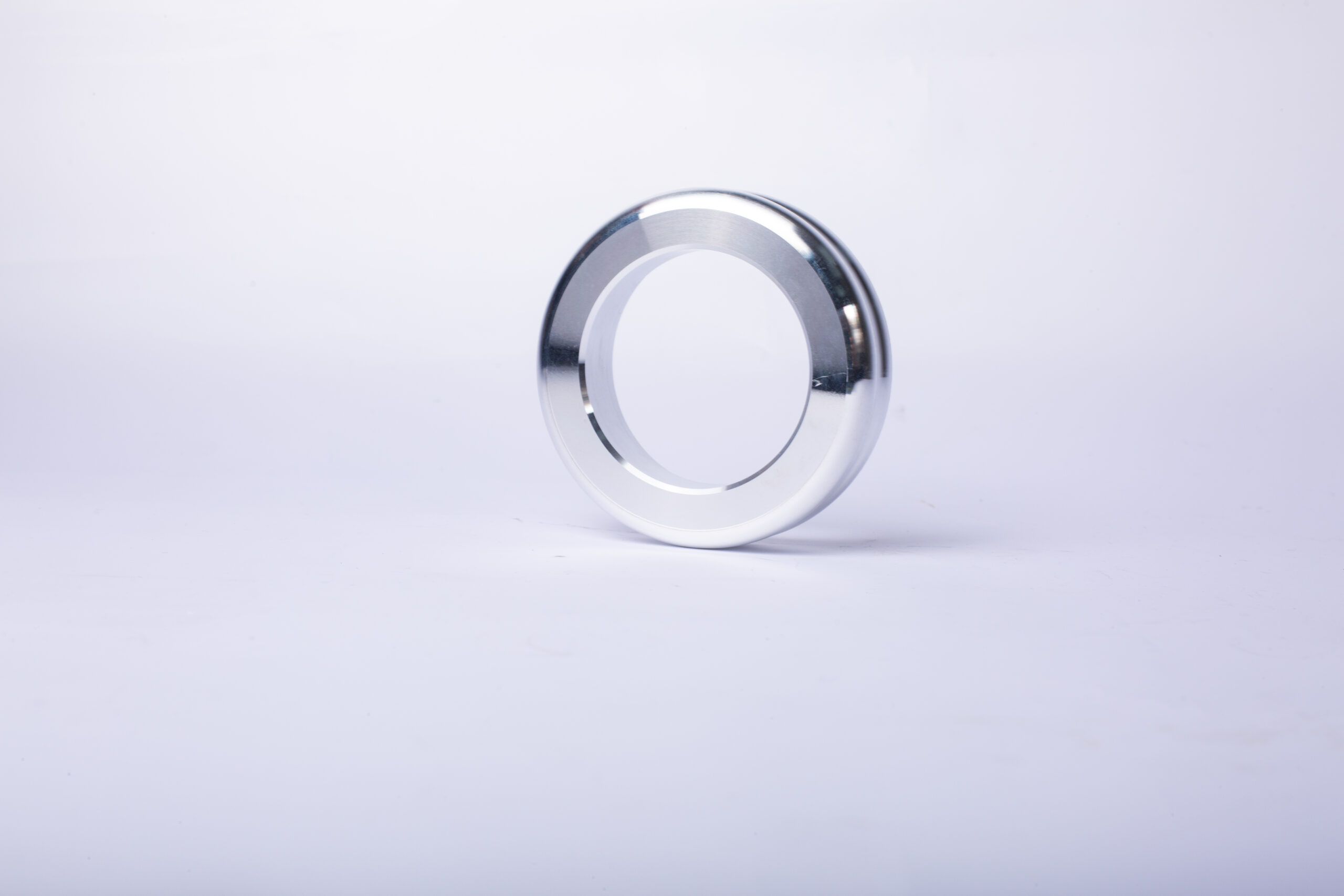
15.What are the properties of aluminum that make it suitable for forging?
We have the leading technology and innovation capabilities, and attach importance to employee training and development, and provide promotion opportunities.
1. Aluminum is lightweight and strong, making it ideal for forging.
2. Aluminum has a low melting point, making it easy to shape and form.
3. Aluminum is corrosion-resistant, making it suitable for outdoor applications.
4. Aluminum is malleable and ductile, making it easy to work with.
5. Aluminum is a good conductor of heat and electricity, making it suitable for electrical components.
6. Aluminum is non-magnetic, making it suitable for use in sensitive electronic equipment.
7. Aluminum is relatively inexpensive, making it a cost-effective choice for many applications.
16.Are there any surface treatment options for aluminum hammer forgings?
Our aluminum hammer forging products undergo strict quality control to ensure customer satisfaction.
Yes, there are several surface treatment options for aluminum forgings, including anodizing, powder coating, painting, and plating. Anodizing is a process that creates a protective oxide layer on the surface of the aluminum, while powder coating and painting are used to add color and texture to the surface. Plating is used to add a layer of metal to the surface of the aluminum, such as chrome or nickel.
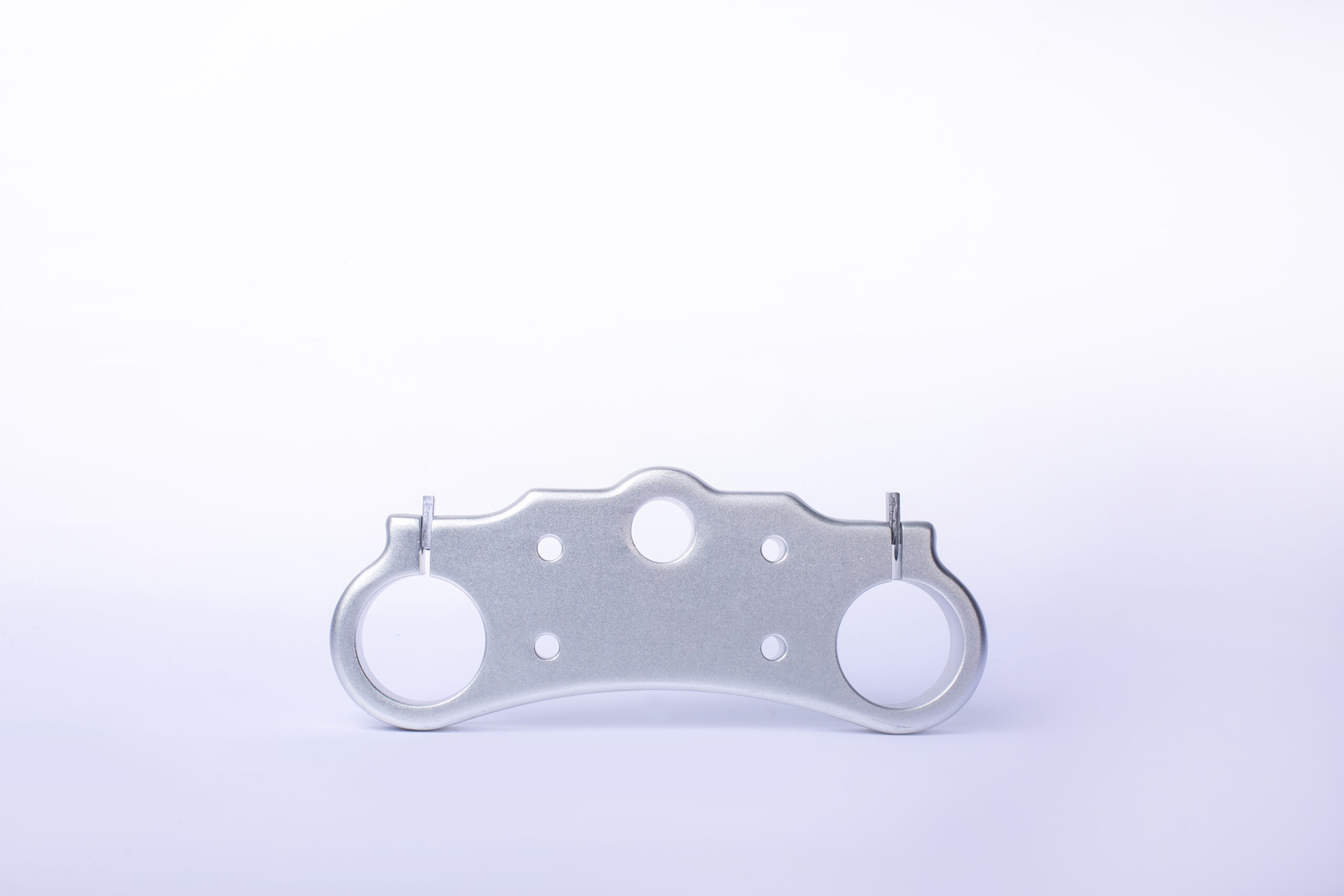
Tag:brass aluminum forging enterprises,bead blastin forged aluminum wheels,aluminum cold forged parts,aluminum forge marks
Product Inquiry
We will respond within 12 hours, please pay attention to the email “@163.com” or “@alumforge.com”.
Also, you can go to the Contact Page, which provides a more detailed form, if you have more inquiries for products or would like to obtain OEM service.
Our sales experts will respond within 24 hours, please pay attention to the email with the suffix “@163.com”.